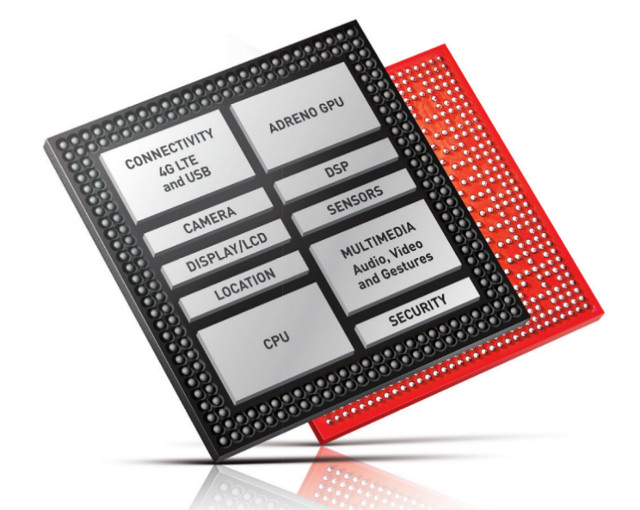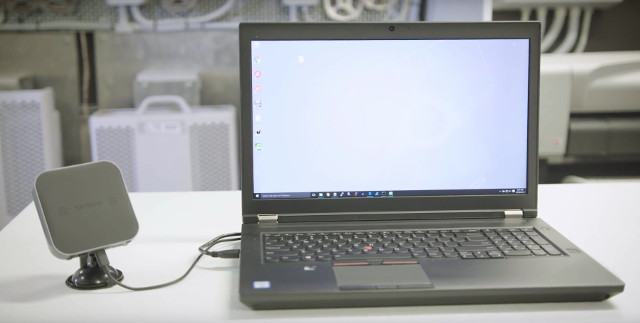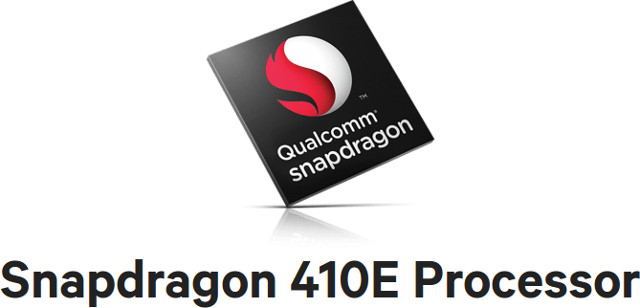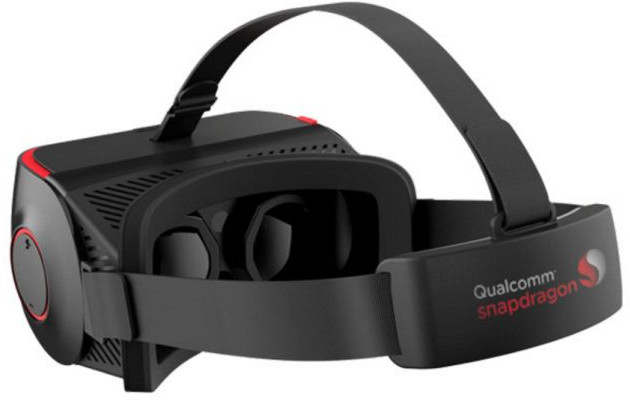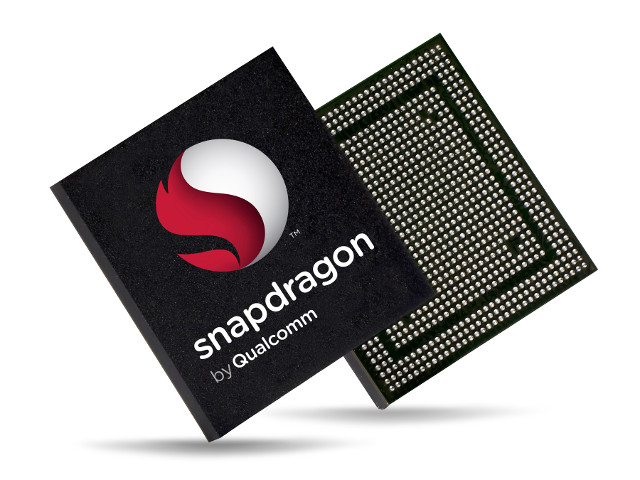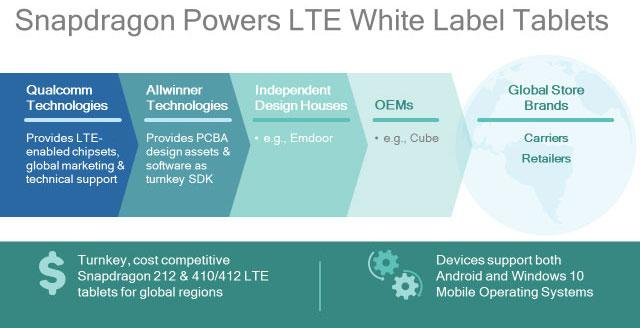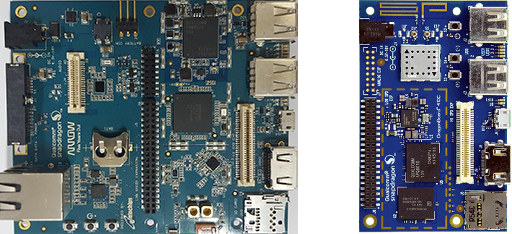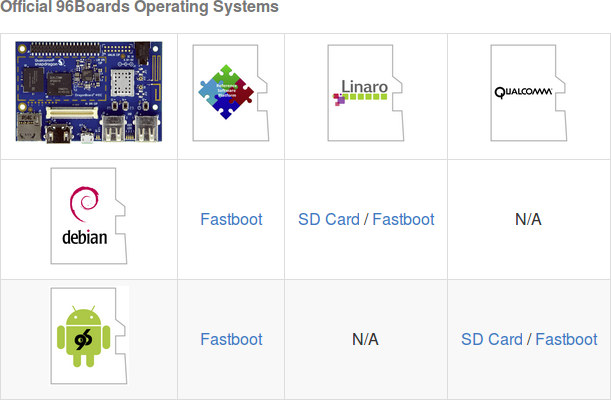Qualcomm has announced three new Snapdragon 400 & 600 SoCs for entry-level and mid-range LTE smartphones that share Quick Charge 3.0 and dual camera support, as well as an a Snapdragon X9 LTE CAT 7 modem capable of 300Mbps downlink, 150Mbps uplink. Snapdragon 427 Snapdargon 427 quad core Cortex A53 processor is a pin-to-pin compatible update to Snapdragon 425 processor with a faster Cat 7 modem. The Snapdragon 427 is also the first in the Snapdragon 400 family to offer TruSignal antenna tuning for 802.11ac WiFi, includes a 16MP dual ISP, and supports displays up to 1280×800 resolution. You’ll find more details on the product page. Snapdragon 626 Snapdragon 626 octo-core ARM Cortex A53 processor up to 2.2 GHz features a “PC-class” Adreno Adreno 506 GPU, a 24MP dual ISP, also supports TruSignal, 4K @ 30 fps video recording, and displays up to 1920×1200 resolution. It’s a pin-to-pin compatible upgrade […]
NETGEAR Gigabit Class LTE Mobile Router MR1100 is Powered by Qualcomm Snapdragon X16 LTE Modem
Qualcomm, NETGEAR, Telstra and Ericsson have jointly announced the very first commercial Gigabit LTE modem router with NETGEAR Mobile Router MR1100 based on Qualcomm Snapdragon X16 LTE modem. The NETGEAR Mobile Router MR1100 leverages 3x carrier aggregation, 4×4 MIMO, and 256-QAM, to achieve download speeds up to a peak of 979 Mbps. The device also integrates Qualcomm 802.11ac solution with 2×2 MIMO and dual-band support for overall Wi-Fi throughput of up to 1Gbps. Qualcomm Technologies has recently conducted a simulation of a Gigabit Class LTE network, using a mix of LTE devices (LTE Category 4 to 16), and found average throughput to be between 112 Mbps and 307 Mbps for Cat.16 devices depending on traffic type, but speeds up to 533 Mbps should be possible for 90th percentile users. Beside shortening download speeds, this kind of performance will enable new applications such as 4K 360 degrees VR videos up to […]
Qualcomm is Finally Open for Business with Snapdragon 410E and 600E Processors for Embedded & IoT Applications
Qualcomm processors are found in mobile devices and wearables selling in large quantities, some boards and modules from embedded systems companies such as Inforce Computing and Intrinsyc, as well as it own 96Boards compliant DragonBoard 410c and DragonBoard 600c development boards, but it’s hard to find them in many other products, and few crowdfunding campaign feature Snapdragon processors, as Qualcomm may not be willing to work with smaller companies and startups. The company has made some progress in that regards with their partnership with Allwinner to allow smaller Chinese companies to manufacture Snapdragon based Tablets, and their newly introduced Snapdragon 410E and 600E processors targeting embedded systems and IoT applications, available from Arrow Electronics without questions asked, and with long term availability for 10 years, i.e. until 2025 based on available of Snapdragon 410 mobile version. Snapdragon 410E (APQ 8016E) specifications: CPU – Quad ARM Cortex A53 @ up to […]
Qualcomm Announces Snapdragon 820 4K TV Box and AiO Virtual Reality Headset Reference Designs
Qualcomm has recently announced two references platforms for ODM/OEM powered by Snapdragon 820 processor for 4K Ultra HD media boxes and all-in-one virtual reality headsets. Snapdragon VR820 Virtual Reality HMD Qualcomm Snapdragon VR820 VR headset comes with the following key features and specifications: SoC – Qualcomm Snapdragon 820 quad core Kryo processor with Adreno 530 GPU System Memory – Go figure Storage – Only god knows Display – 1440×1440 resolution per eye, AMOLED panel that supports up to 70Hz Audio – 4x microphones with Fluence HD noise filtering and active noise cancellation Video – 360° 4K video playback processing with HEVC compression and display refresh rates at 70 FPS Cameras – Integrated eye tracking with two cameras, dual front facing cameras for six degrees of freedom (6DOF) Sensors – gyro, accelerometer, and magnetometer sensors The reference platform, developed in collaboration with Goertek, leverages Qualcomm’s Virtual Reality SDK, and is expected […]
Qualcomm Introduces Snapdragon 821 SoC with 2.4 GHz CPU Cores
Qualcomm has just introduced an upgrade to its Snapdragon 820 processor, with Snapdragon 821 (MSM8996 Pro) with basically the same features, but the CPU frequency boosted from 2.2 GHz to 2.4 GHz for the performance cores, and from 1.6 to around 2.0 GHz for the low power cores, as well as a likely boost to the GPU clock, resulting to about 10% improvement in performance. The new SoC with feature the same Snapdragon X12 LTE modem delivering up to 600 Mbps. It’s unclear at this point which smartphone models will feature Snapdragon 821 processor. Jean-Luc Aufranc (CNXSoft)Jean-Luc started CNX Software in 2010 as a part-time endeavor, before quitting his job as a software engineering manager, and starting to write daily news, and reviews full time later in 2011. www.cnx-software.com
Allwinner and Qualcomm Partner on Android and Windows 10 LTE Tablets
Allwinner, a leading tablet SoC vendor, and Qualcomm have decided to collaborate, and introduced three new LTE tablet reference designs based on Qualcomm Snapdragon 425, 430, and 435 available to Chinese OEMs, on top of Snapdragon 210, 212 and 410 designs released last year. The full technical technical details about the reference designs are only available to OEMS who signed an NDA, but the key specifications are as follows: SoC – Qualcomm Snapdragon 420, 430, 435 application processors System Memory – 2G DRAM Storage – 32GB internal memory Connectivity – CAT 6 LTE band The tablet will run Android, but Windows 10 is also being worked on. The agreement only covers tablets, so Allwinner will not be involved in LTE smartphones. Since both Allwinner and Qualcomm are silicon vendors, and competitors, you may wonder why they’ve partnered. Allwinner only provides WiFi and Bluetooth tablets with their own processors, so partnering with Qualcomm allows then to […]
Qualcomm DragonBoard 600c 96Boards Development Board Includes Ethernet and SATA
A few weeks ago, I was informed that some code about DB600c board powered by Qualcomm Snapdragon 600 processor (APQ8064T) was making it into mainline Linux, and more recently I found a website listing DragonBoard 600c with a low resolution picture of the board. While we don’t have the complete specifications yet, the form factor of the board is quite interesting, as we’ll find the typical 96Boards CE form factor on the right, and some extra interfaces on the left with Ethernet and SATA. It turns out, as we’ll see below, it’s perfectly compliant (hardware wise) with 96Boards CE “Extended Version” specifications. Preliminary specifications of DragonBoard 600c board: SoC- Qualcomm Snapdragon 600 (APQ8064 Fusion 3) quad-core Krait processor @ 1.7 GHz with Adreno 320 GPU @ 400MHz System Memory – 1GB or more RAM (TBD) Storage – eMMC Flash + micro SD slot + SATA port Video Output – HDMI […]
Debian on DragonBoard 410c Development Board
I purchased Qualcomm DragonBoard 410c development board last year, and first tested it and run some benchmark on the 96Boards compliant hardware with Android. I found that it was still work-in-progress, and decided to wait before trying Debian on the board. I’ve now done so, and will report by experience installing Debian Linux, playing with the board, and running Phoronix benchmarks to compare it to other ARM Linux boards. Installing Debian on DragonBoard 410c The first challenge is to navigate through the documentation that is not always clear or up-to-date. I eventually ended up on DragonBoard 410c Wiki on Github. You then have to decided which image you want. While there are two official operating systems with Android and Debian, you can three “entities” releasiong their own images. For Debian specifically, you have the Linaro image, and Reference Platform Build (RPB) image. I could not find any changelog or known […]


